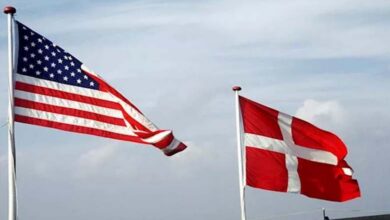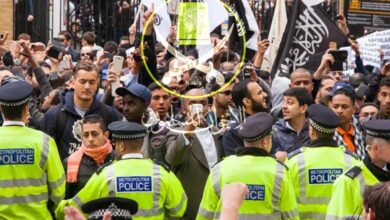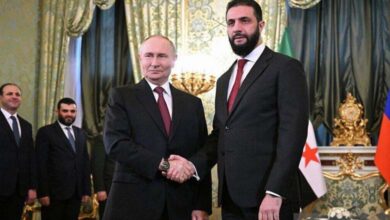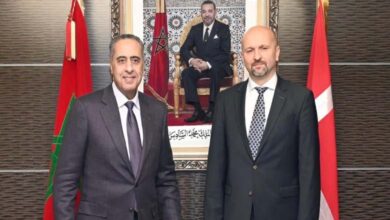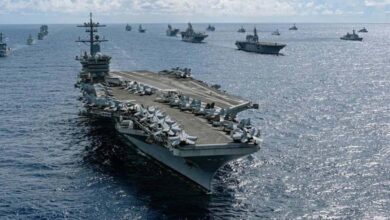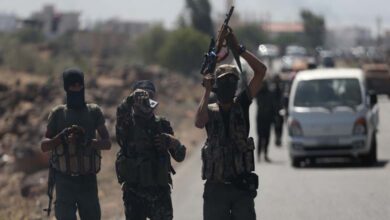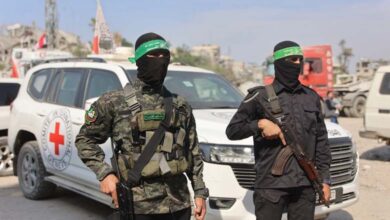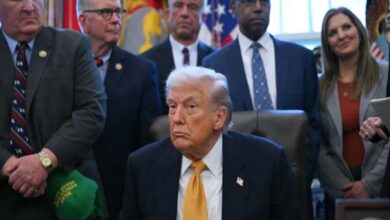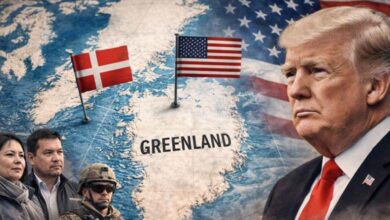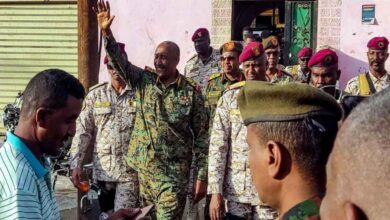Sudanese Sovereignty Council to Announce New Parties for Political Settlement Soon
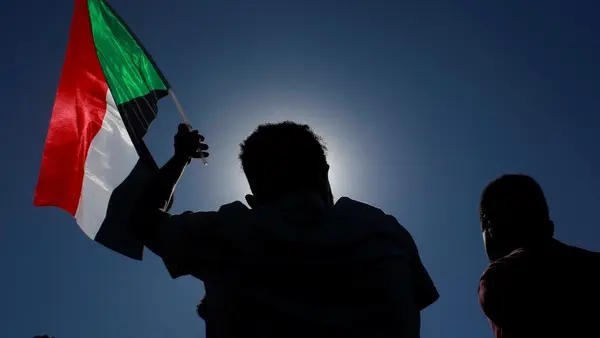
The Sudan Sovereignty Council announced on Saturday that opponents and supporters of the framework agreement reached a political declaration, paving the way for new forces to join the ongoing political process in the country. A spokesman for the Justice and Equality Movement said that the dispute is still ongoing, especially with regard to the forces concerned with signing.
The Transitional Sovereignty Council said in a statement on Saturday that it held a series of meetings over the past three days under the chairmanship of General Abdul Fattah al-Burhan, the head of the council (and army commander), in the presence of his deputy General Mohamed Hamdan Dagalo.
“These meetings included the parties that signed the framework agreement and the parties that are not signatories to it (he did not specify),” he added.
“After a thorough discussion, the final version of the political declaration has been agreed upon, and arrangements will be made to sign it as soon as possible,” he said.
The Council’s statement did not provide further details about the signatories, but informed sources confirmed to local media that the new political declaration will be between the signatories of the framework, on the one hand, and the Justice and Equality Movement, the Sudan Liberation Movement, and the Democratic Unionist Party, the faction of Jaafar Al-Mirghani, on the other, in preparation for their signing of the framework agreement and joining the political process.
The Communist Party, the Arab Socialist Baath Party, the Resistance Committees (activists), and the Sudanese Professionals Assembly are all committed to refusing to enter the political process with the military and other civilian parties and to continuing the popular movement in the street.
“The issue of the parties involved in signing the political declaration is still a point of contention and discussion, and the Democratic Bloc is committed to the need to broaden participation,” JEM spokesman Hassan Ibrahim Fadl said in a statement to local media.
He stressed their commitment to include all parties that believe in democratic transition in the ongoing political process. “We reject the heresy of distributing revolutionary instruments and dividing forces into first and second tiers, or what they call revolutionary and transition forces,” he said.
“The group of the Central Council brought the facades of the National Congress and its security committee, and they called them the forces of the revolution, and they called the rest the ‘remnants’, which is not right,” he said.
Freedom and Change refuses blocs’ entry into the political process and says that the signing must be done on behalf of parties and organizations. It also refuses to accompany the Sudan Liberation Movement and the Justice and Equality Movement, as they are parties to the peace agreement.
Political parties and movements signed a framework agreement with the army and the Rapid Support Forces on December 5th that provides for removing the army from politics, forming a civilian government based on national competencies, undertaking military and security reform and leading a single national army that includes the Rapid Support Forces and other armies, and organizing general elections two years after the appointment of the transitional prime minister.
The SLA and JEM, the PYD parties, the White Brigade, the National Federation, and the Republic, along with the Supreme Council for Independent Beja Glasses and Baptisms (East Sudan), have not signed the agreement.
In order to reach a final and just political agreement, the final phase of the political process between the signatories of the “Framework Agreement” and other forces was launched on January 8.
This phase includes discussions on five issues: justice and transitional justice, security and military reform, the review and appraisal of the peace agreement, the dismantling of the regime of 30 June 1989 (Omar Al-Bashir regime), and the issue of eastern Sudan.
The Sudanese-Sudanese agreement is intended to resolve a protracted crisis since 25 October 2021, when Al-Burhan imposed extraordinary measures, including the dissolution of the Sovereign Councils and transitional ministers.
Ahead of the evidentiary proceedings, Sudan began on 21 August 2019 a transitional phase, which was due to end with elections in early 2024, during which power was shared by the military, civilian forces and armed movements that signed a peace agreement with the government in Juba in 2020.


